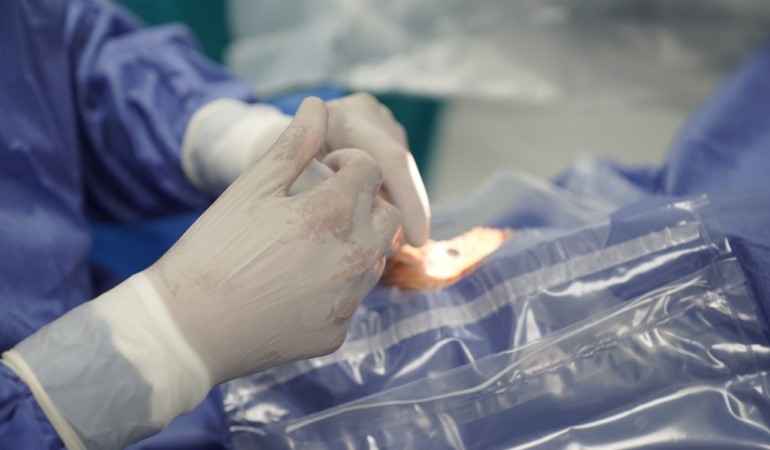Trauma Repair

Trauma Repair
Eye repair trauma surgery is a specialized type of surgery performed to repair damage to the eye caused by injury. This type of surgery can be complex and challenging, but it can be essential for preserving vision and restoring function to the eye.
Eye trauma can occur from a variety of causes, including:
• Blunt force trauma, such as from a punch or a car accident
• Penetrating trauma, such as from a sharp object or a gunshot wound
• Chemical burns
• Thermal burns
• Improved appearance
• Radiation exposure
Eye trauma can damage any part of the eye, including the cornea, iris, lens, retina, and optic nerve. The severity of the injury and the type of surgery required will depend on the specific structures that were damaged.
Some common eye repair trauma surgery procedures include:
• Corneal repair: This type of surgery is used to repair damage to the cornea, the clear front part of the eye. Corneal repair may involve suturing a laceration, grafting tissue from another part of the body, or performing a corneal transplant.
• Iridodialysis repair: This type of surgery is used to repair a tear in the iris, the colored part of the eye. Iridodialysis repair may involve suturing the tear or placing a prosthetic iris.
• Rupture globe surgery: is a surgical procedure used to repair a tear in the outer layers of the eye (the cornea and sclera). This type of surgery is considered a surgical emergency and is typically performed within 24 hours of the injury to minimize the risk of complications. The prognosis for rupture globe surgery is generally good, but it depends on the severity of the injury and the timeliness of treatment.
• Cataract surgery: This type of surgery is used to remove the lens of the eye, which can become cloudy after trauma. Cataract surgery is typically performed using a minimally invasive technique called phacoemulsification.
• Vitrectomy: This type of surgery is used to remove blood or other debris from the vitreous, the gel-like substance that fills the inside of the eye. Vitrectomy may also be used to repair damage to the retina or optic nerve.
The recovery time from eye repair trauma surgery will vary depending on the type of surgery performed and the severity of the injury. However, most patients are able to return to their normal activities within a few weeks or months.
If you have experienced eye trauma, it is important to see an ophthalmologist right away to assess the damage and discuss treatment options.